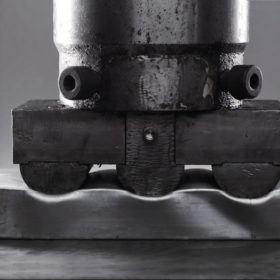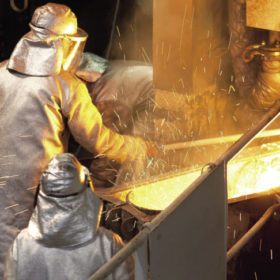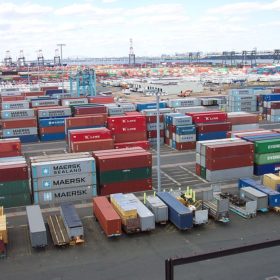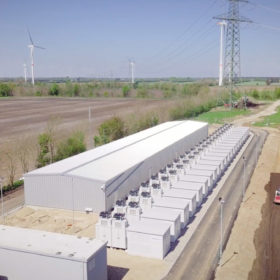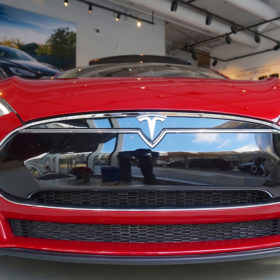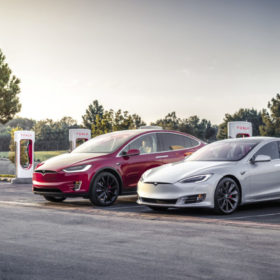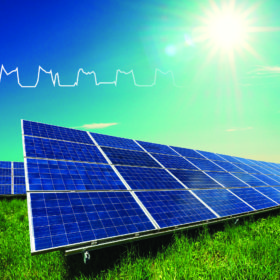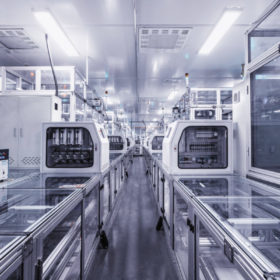Chinese company Ganfeng Lithium prepares solid-state battery test line
The energy storage company is ramping up R&D efforts to try and fast-track commercialization of the more productive – and more expensive – battery tech. The news was announced as part of an uninspiring first-half update thanks to falling lithium salt prices.
Tata Chemicals launches Li-ion battery recycling operations
Pilot-scale operations at a facility near Mumbai successfully recycled the spent Li-ion batteries. The company seeks to eventually scale up the capacity to recycle 500 tonnes of spent Li-ion batteries.
Lithium-ion batteries still set for US tariffs on September 1
The energy storage market is set to be the latest affected by Trump’s trade war as lithium-ion batteries were excluded from the group of Chinese imports for which the U.S. president announced tariffs would be delayed until December 15.
NALCO, HCL and MECL sign JV agreement to secure lithium and cobalt
The joint venture company—Khanij Bidesh India Limited (KABIL)—will help India to secure strategic minerals from abroad for manufacturing of solar energy storage and EV batteries.
Energy storage installations to grow 122-fold by 2040; India among top 3
The global installed capacity will grow from a modest 9 GW/17 GWh as of 2018 to 1,095 GW/2,850 GWh in the next two decades. Just 10 countries will account for almost 75% of the overall gigawatt market, with China, USA, India and Germany leading the pack.
Megapack marks Tesla’s new play for utility scale storage market
The Palo Alto company says it has improved its large scale battery offering with the new product in the wake of the success of its Powerpack-driven big battery in Australia. The Megapack can be deployed at a 250 MW/1 GWh clean energy plant four times faster than a fossil fuel alternative, claimed the business in a blogpost.
Lead-acid battery market primed for growth with EVs?
“Lead-acid batteries are comparatively cheaper than other battery types such as Ni-MH and Li-ion. Moreover, these have the highest recyclability percentage of any product, and are therefore likely to find more takers owing to their reduced cost of production,” according to industry participants at the International Lead Conference held in Spain.
Li-ion battery manufacturing cluster coming up at Gujarat’s Dholera, Tata first to invest
The Dholera Special Investment Region—known for the upcoming 5 GW solar park—has secured the first Lithium battery investment from Tata Chemicals, which has committed Rs 4000 crore to set up 10 GW capacity.
Has solar lost its sheen for India’s EV push?
While India’s recent union budget announced steps to create an electric vehicle market, the solar sector still has issues that have not been addressed.
Energy storage and EVs clear winners in union budget 2019: IESA
The new budget aims to seize the opportunity in energy storage and EVs through a range of incentives. However, alongside demand, production and export, the government also needs to focus on e-waste management and Li-ion battery recycling to sustain raw material supply and minimize environmental impact.
